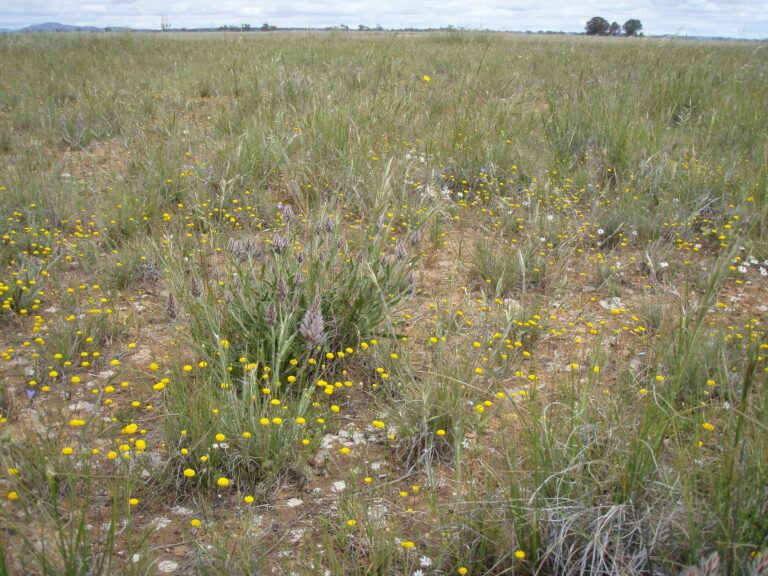
A grant may be used to solely fund a small project or to partially contribute to a larger project. The nature of an eligible project can involve one or more of the following: education, research, surveys, monitoring, citizen science, on-ground work or training, publications (physical or electronic), advocacy or policy development, publicity and awareness raising, collaboration and networking, Indigenous engagement, or other forms of communication (spoken or written word, visual, other sensory).
Further information and the 2023 Application Form are available from our Grants webpage at https://www.fog.org.au/supportedprojects.htm.
Closing date for applications is Friday 21 April 2023. We aim to notifyapplicants of the outcomes of their applications within six to eight weeks of the closing date. For enquiries and further information please contact us at supportedprojects@fog.org.au.
For an overview of who we are, how we operate, and the scope of our activities a good starting point is our most recent annual report at http://www.fog.org.au/AGMs.htm.
NatureMapr – Australia wide citizen science platform
You or your colleagues may also be interested in using and/or contributing to the NatureMapr citizen science platform and database. Over the last couple of years its coverage, from the original ACT and NSW southern tablelands region, has been rolled out Australia wide. FOG has a direct connection here as some of our members contribute to this in various ways including as founder members and current administrators, expert moderators, and members providing sightings. NatureMapr provides the ability for anyone, via web or smartphone, to quickly upload native and introduced fauna and flora sightings (photo images and/or audio) from across Australia and shortly thereafter receive expert identification. Survey data can also be bulk uploaded. All expert moderator verified sightings, including any subsequent updates, are regularly exported to the Atlas of Living Australia. More members and local expert moderators are needed, particularly beyond the original Canberra Nature Map (CNM) region.NatureMapr has recently turned on its machine learning based moderator, known as Carbon AI (Artificial Intelligence), to significantly assist with the speed and quantity of identifications, and ultimately to free up the expert human moderator experts to focus on the trickier IDs. It is undergoing live testing and is initially being trained to identify more common species. The human moderators have the final say and can disagree with its advice, which in turn trains the AI to become smarter over time. More background and explanatory information on all the above can be found under the dropdown menus on the NatureMapr homepage and on the home pages of the various state and Territory region maps.
